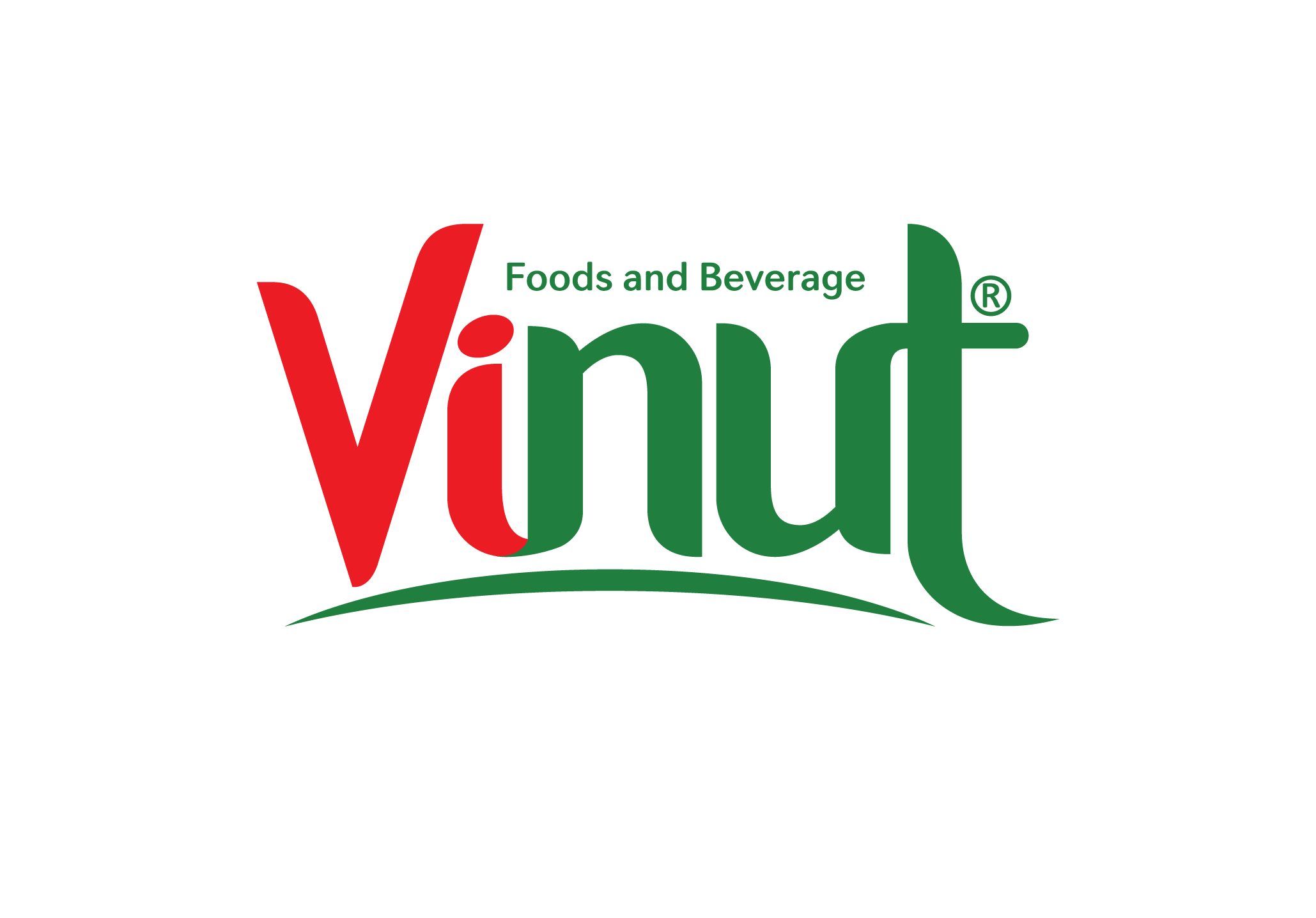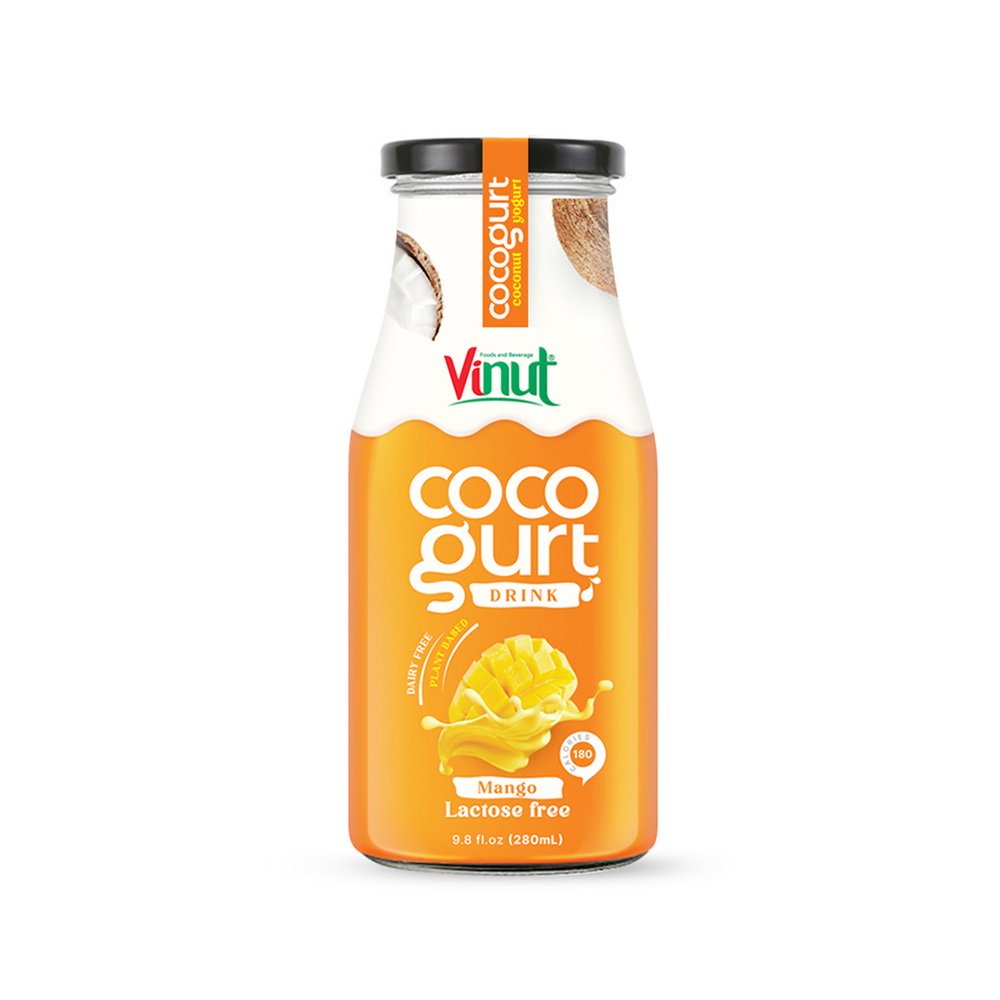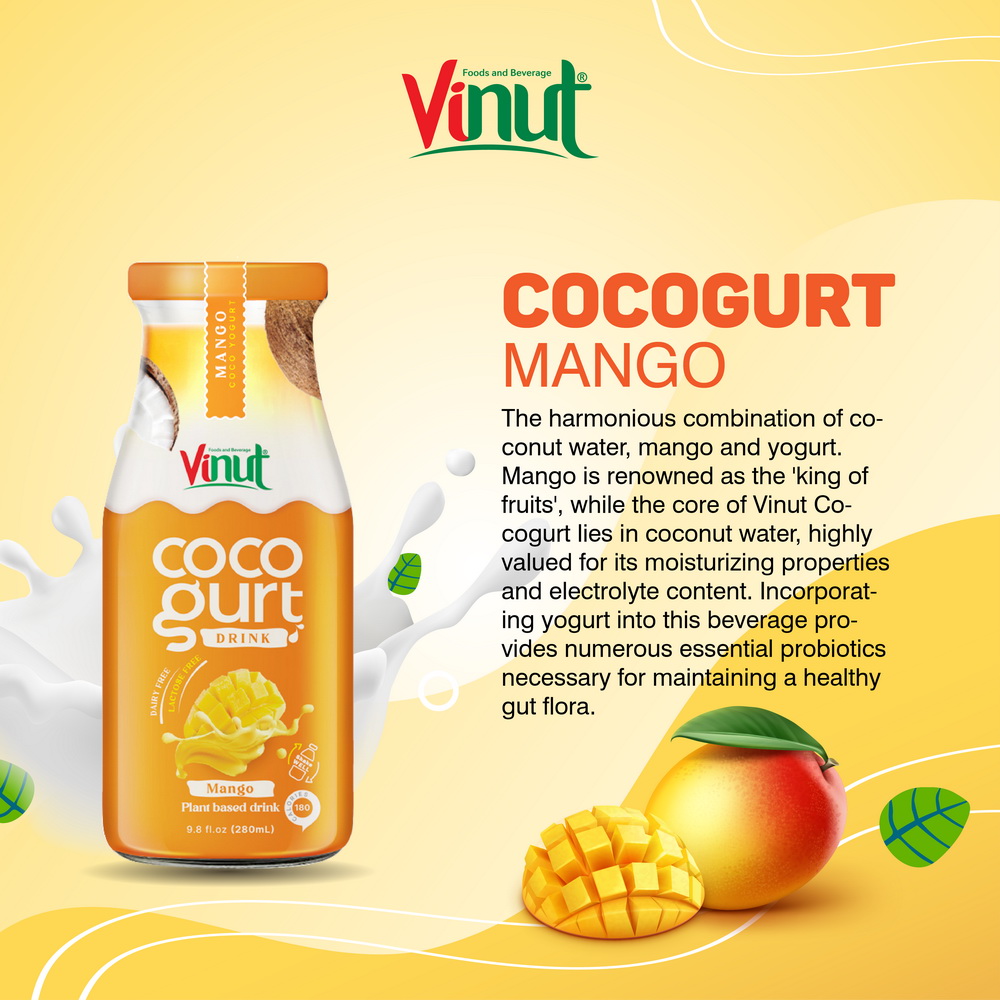The Month of Ramadan: Dietary Practices Among Muslims
Table of Contents
ToggleThe month of Ramadan, observed by Muslims around the globe, is a period of fasting, reflection, prayer, and community. This month is the ninth month of the Islamic lunar calendar and is considered one of the Five Pillars of Islam. During Ramadan, Muslims fast from dawn until sunset, refraining from consuming food and drink, as well as engaging in sinful behaviors. The fast is a means of cultivating self-discipline, gratitude, and empathy for the less fortunate. This article delves into the dietary practices of Muslims during Ramadan, exploring the significance of the fast, the pre-dawn (Suhur) and post-sunset (Iftar) meals, and the cultural variations in these meals across the Muslim world.
1. The Significance of Fasting
Fasting during the month of Ramadan is mandatory for all adult Muslims, except for those who are ill, traveling, elderly, pregnant, breastfeeding, diabetic, or menstruating. The fast is not merely a physical exercise but also a spiritual endeavor that purifies the soul, teaches self-discipline, and reminds Muslims of the suffering of the poor. It is a time when Muslims draw closer to God, seeking forgiveness and engaging in increased religious reflection and prayer.
2. Suhur: The Pre-Dawn Meal

The Suhur meal is consumed before dawn and marks the beginning of the daily fast. It is a crucial meal that helps sustain individuals throughout the day of fasting. Prophet the month of Muhammad is reported to have said, “Partake in Suhur for indeed, there is a blessing in it.” Therefore, Muslims consider this meal both a physical and spiritual preparation for the day ahead.
Suhur typically includes a variety of nutritious, energy-rich foods to provide sustained energy. Foods high in complex carbohydrates, fiber, proteins, and healthy fats are common. Examples include whole grains, fruits, vegetables, nuts, and lean proteins. Hydration is also a key focus, with plenty of water consumed to minimize the risk of dehydration during the day.
3. Iftar: The Post-Sunset Meal
Iftar is the meal with which Muslims break their fast at sunset, following the example of Prophet Muhammad, who broke his fast with dates and water. This practice is not just a dietary habit but a ritual that signifies the moment Muslims can resume eating and drinking. The initial breaking of the fast is usually with dates and water, followed by prayer. Afterward, a larger meal is enjoyed.
The Iftar meal varies significantly across different cultures but generally includes a rich variety of foods, with an emphasis on hydration and replenishment of energy. Soups are commonly served as they are gentle on the stomach after a day of fasting. This is followed by a main course, which often includes grains, vegetables, and proteins. Fruits and sweets typically conclude the meal.

4. Cultural Variations in Ramadan Meals
The specifics of Suhur and Iftar meals vary widely across the Muslim world, reflecting the rich tapestry of Islamic cultures. In the Middle East, Iftar might begin with lentil soup or fattoush (a Levantine bread salad), followed by main dishes like lamb kebabs or stuffed grape leaves. In South Asia, Iftar could include samosas, fruit chaats, and biryani. Meanwhile, in Southeast Asia, Muslims might break their fast with sweet drinks and local delicacies such as satay or rendang.
5. Health Considerations During Ramadan
Although fasting has several health benefits, including improved blood sugar levels and reduced cholesterol, it is essential to approach it with care, especially for those with health conditions. Eating balanced meals during Suhur and Iftar, staying hydrated, and avoiding overeating are critical to maintaining health throughout the month. Physical activity, though lighter than usual, is also encouraged to complement the spiritual and physical cleansing process.

6. The month of Ramadan
The month of Ramadan is a deeply spiritual time for Muslims, with fasting playing a central role in this holy month. The practices around Suhur and Iftar meals are not only about nourishment but also about discipline, community, and spirituality. These meals, while varying widely in content across different cultures, share the common goal of sustaining the fast and bringing the community together. As such, the dietary practices during Ramadan reflect the profound interplay between faith, health, and cultural identity in the Muslim world.
We invite you to experience the delightful flavors and refreshing experience that Vinut offers. Come to discover your favorite beverage, and be a part of a tropical journey that promises both taste and health.



